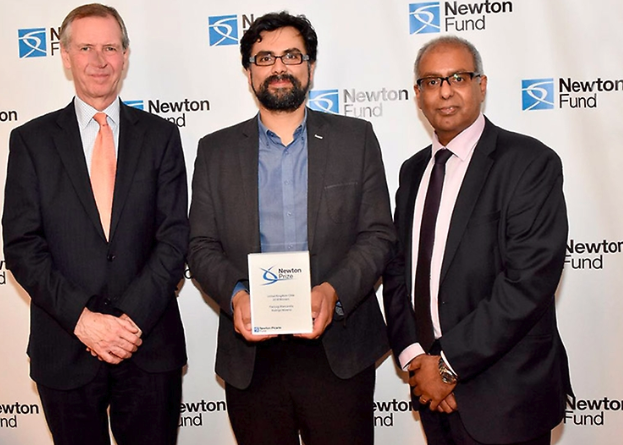
“Resilient planning of low-carbon power systems” is the project that works Rodrigo Moreno, researcher of SERC Chile and academic of Electrical Engineering of the University of Chile, together with Fernando Ordóñez, scholar of the FCFM-UCH, and Pierluigi Mancarella, of the University of Manchester. It is also the project that won the latest version of the Newton Award from the Government of England, which is presented each year as a recognition of the projects of excellence in research or innovation.
The award-winning researchers created a mathematical model that allows us to develop a reference framework that will increase the resistance of energy systems in Chile and other countries vulnerable to the risk of environmental hazards. This will help create planning practices and form a resilient and low carbon transmission network.
“Today we have a certain level or standard that is bad in relation to other countries that are members of the OECD – Organization for Economic Cooperation and Development -. For the same reason, the idea of this project is to be able to raise those levels. This means that people have fewer hours of interruptions per year in terms of electricity supply in their homes,” said Rodrigo Moreno.
The research seeks that households have response strategies that are complemented by measures of resilience prepared for the community. In the words of Rodrigo Moreno, “the ideal is that this project can help people.”
This year the Newton Prize sought to highlight the collaboration of the United Kingdom with Latin America. They postulated 140 projects developed by researchers from Chile, Brazil, Colombia and Mexico, in alliance with British researchers.


